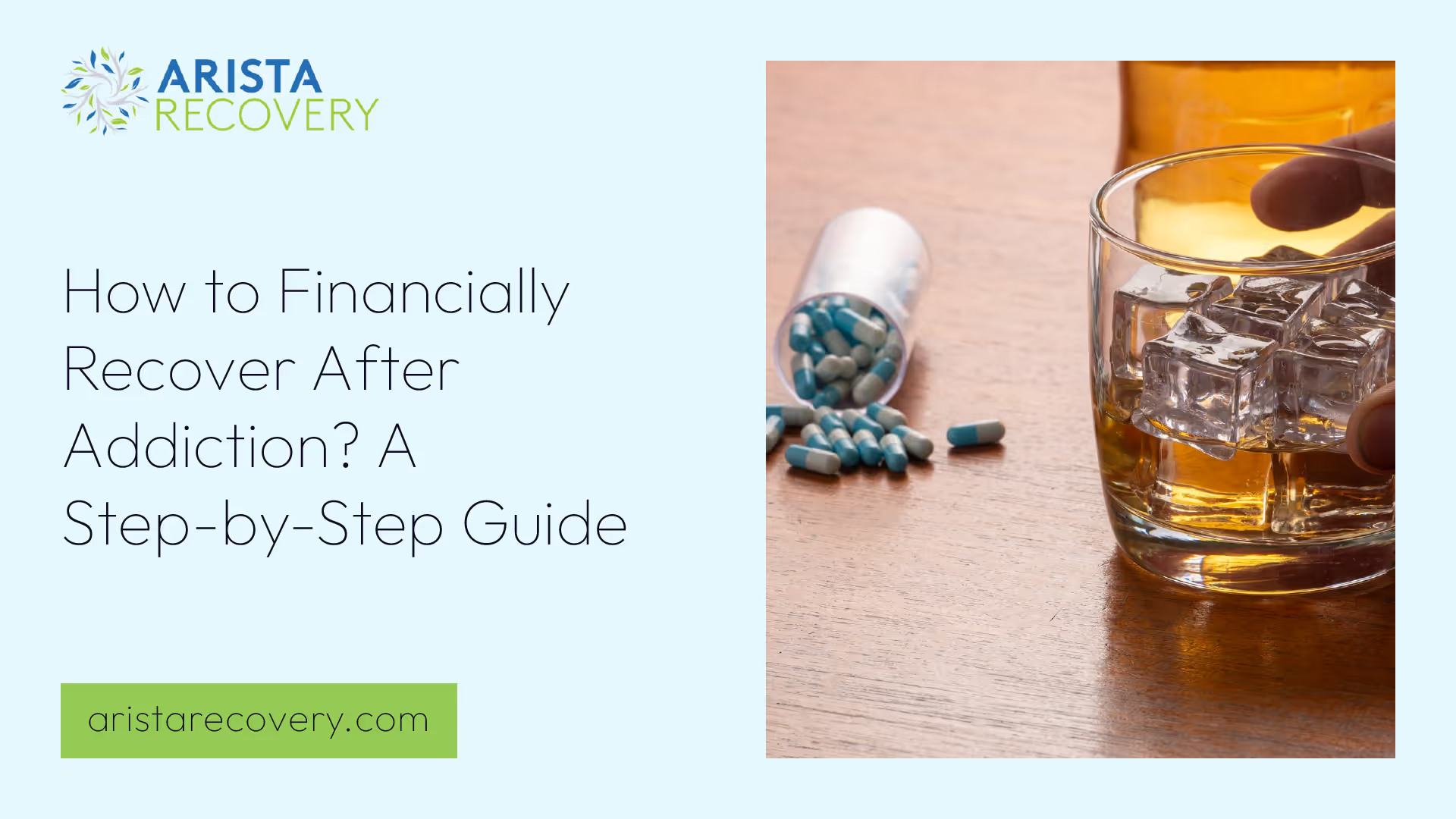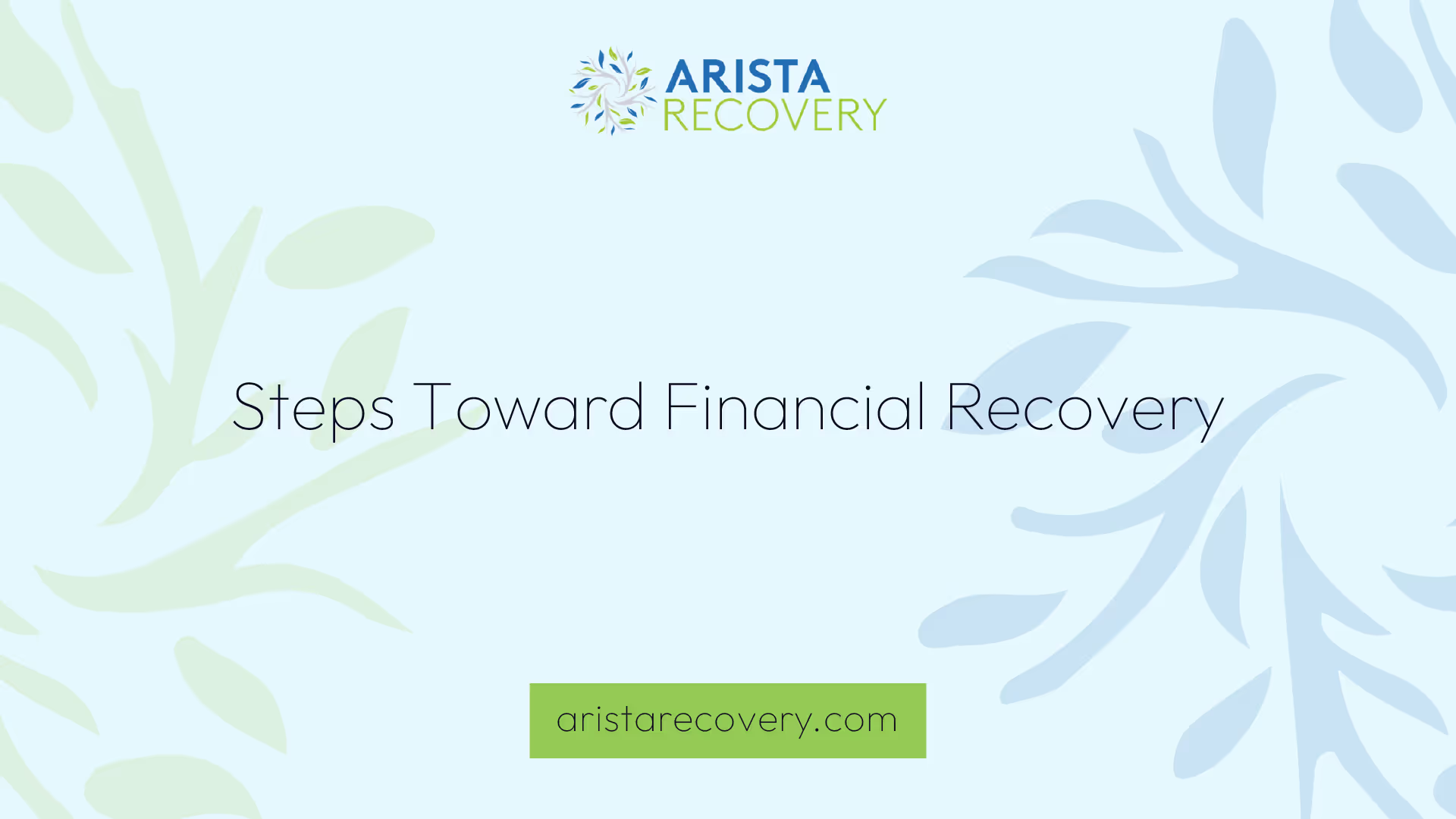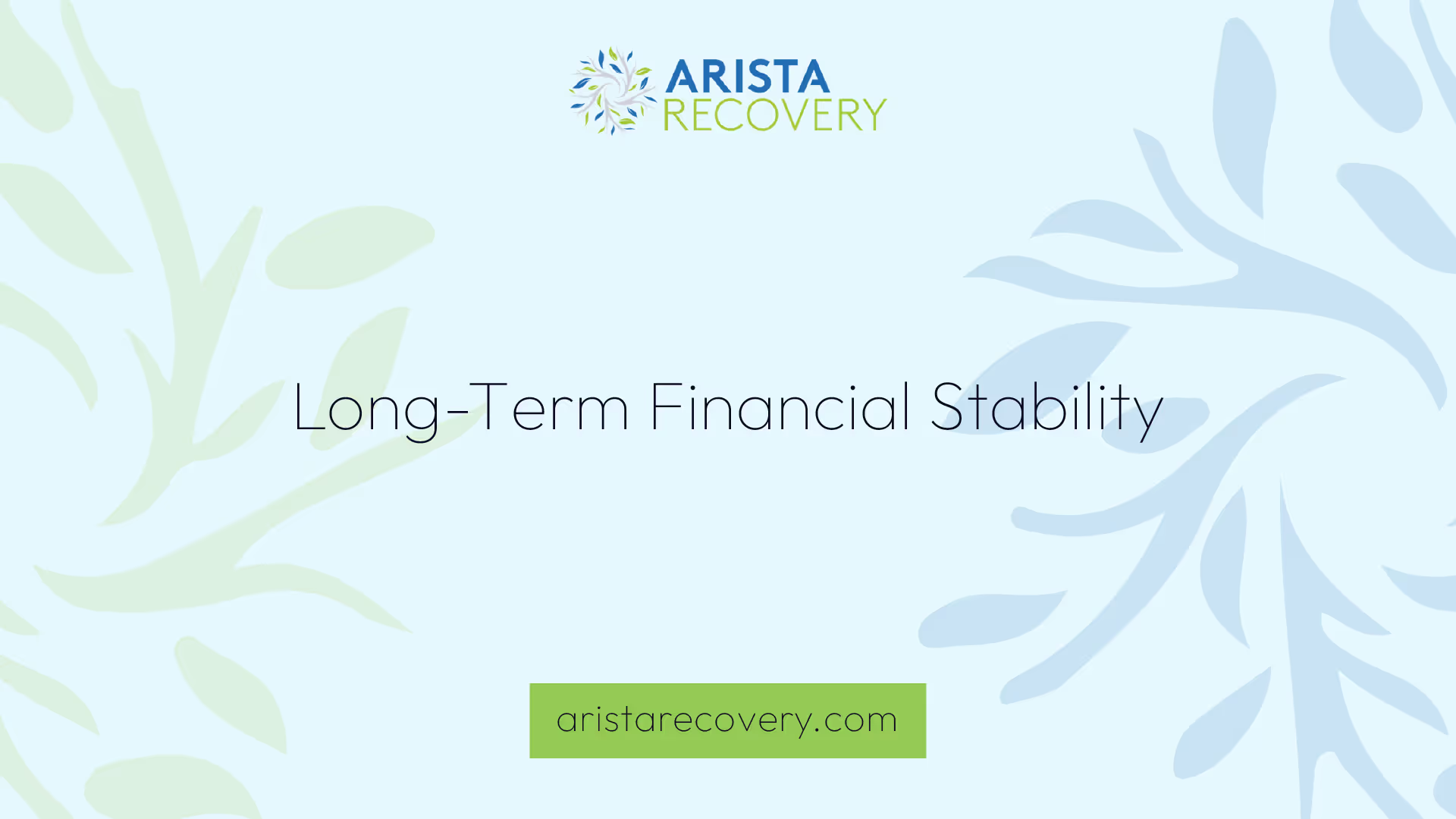How to Financially Recover After Addiction? A Step-by-Step Guide


Understanding Addiction and Financial Struggles
Understanding the link between addiction and financial problems is the first step towards recovery. Addiction, specifically Substance Use Disorder, can wreak havoc on an individual's financial stability due to a variety of factors.
Impact of Substance Use Disorder
Substance Use Disorder, or addiction, is a disease that can cause serious harm to an individual's life, affecting not only their physical and mental health, but also their financial stability. The longer one maintains an addiction, the greater the quantity of drugs or alcohol one consumes on a regular basis, leading to a more expensive habit over time.
Furthermore, addiction often leads to other health problems, such as physical accidents, violence, abuse, and acute medical conditions. The resulting medical costs can be extremely high, further exacerbating financial troubles. Additionally, addiction can create costly legal problems, as substance use frequently leads to legal trouble, court costs, attorney fees, and potential incarceration.
Financial Consequences of Addiction
The financial consequences of addiction are often severe, extending beyond the cost of the substance itself. Addicted individuals may find it difficult to meet their financial obligations, leading to penalties and unexpected costs. Substance use problems can also result in decreased productivity at work, potential job loss, and the diversion of money needed for basic life needs into drugs.
Legal issues resulting from addiction can have lasting effects on one's finances and future employment prospects, contributing to financial difficulties. In fact, the impact of addiction often extends beyond the individual, affecting their families and communities as well. For more insights into this, check out our article on why does addiction lead to poverty?
However, it's important to remember that recovery is possible and that seeking help is the first step towards getting financial security back on track for individuals caught in a cycle of addiction. Understanding how addiction affects finances can be a helpful tool in beginning the journey towards financial recovery.

Steps Toward Financial Recovery
Financial recovery after addiction is a journey that requires dedication and perseverance. Here are some key steps that individuals can take to regain control over their finances.
Setting Personalized Financial Goals
The first step towards financial recovery is setting personalized financial goals. These goals should be specific, measurable, achievable, relevant, and time-bound (SMART). They may include paying off debts, saving for future goals like education or homeownership, or simply building wealth and stability. By having clear and realistic goals, individuals will have a sense of direction and motivation to stay committed to their financial recovery journey.
Creating a Structured Financial Plan
A structured financial plan is crucial in managing finances after addiction. This involves creating a written plan that outlines financial goals, sources of income, savings strategies, deadlines, and resources. Having such a plan provides perspective and structure to the task of financial management in recovery.
Techniques for budgeting, such as creating a realistic budget by separating needs and wants, using the envelope method to allocate cash for each expense category, and setting up direct deposit and autopayments can help individuals allocate their funds more effectively.
Managing Stress and Seeking Support
Managing stress, a common trigger for relapse, is crucial in financial recovery. Paying attention to finances, building an emergency fund, and seeking support from sponsors, financial advisors, or trustworthy individuals can help reduce stress and prevent unexpected financial surprises.
It is also essential to seek professional help from financial advisors or counselors, attend support group meetings, utilize online resources and mobile apps for financial education, and develop a long-term financial plan with achievable goals. These strategies are critical for financial stability and overcoming financial challenges during recovery [3].
Recovering from the financial consequences of addiction is not an easy task, but it is possible with dedication, a structured plan, and the right support. By following these steps, individuals can move closer towards their goal of financial freedom. For more information on how addiction affects finances, visit how does addiction affect finances.

Long-Term Financial Stability
After the immediate hurdles of recovery are overcome, the focus should then shift towards achieving long-term financial stability. This includes understanding the importance of budgeting and persistence, rebuilding credit, and involving family in the financial recovery process.
Importance of Budgeting and Persistence
For those looking at how to financially recover after addiction, persistence in budgeting and financial management is key to achieving long-term financial goals. By staying committed to budgeting, individuals can work towards financial freedom, whether it's paying off debts, saving for future goals like education or homeownership, or simply building wealth and stability.
Effective budgeting techniques include creating a realistic budget by separating needs and wants, using the envelope method to allocate cash for each expense category, and setting up direct deposit and autopayments to simplify financial management and reduce impulsive spending. These strategies can help recovering addicts allocate their funds more effectively and avoid falling back into the cycle of financial mismanagement and money addiction [3].
Rebuilding Credit After Addiction
An important step in financial recovery is rebuilding credit, which may have been negatively impacted during periods of addiction. Paying bills on time is crucial for improving credit scores, as payment history is a significant factor in determining FICO® Scores. Creating a budget and reducing discretionary spending can help ensure timely bill payments going forward [4].
Moreover, lowering the credit utilization ratio by paying down credit card balances can positively impact credit scores. Experts recommend keeping the utilization rate below 30%, with rates below 10% common among consumers with excellent credit.
Involving Family in Financial Recovery
Families play a significant role in financial recovery by engaging in open and honest communication about financial goals and expectations, involving family members in budgeting and financial decision-making, and providing love, hope, and support to create a strong foundation for financial recovery.
By involving family members in the process, individuals can benefit from shared accountability, emotional support, and collective decision-making, which can significantly enhance the chances of long-term financial recovery. It's important that families also understand the financial consequences of addiction and learn how to support their loved ones through the recovery process.
The journey to financial recovery after addiction may be challenging, but with patience, persistence, and the right support, it is definitely achievable. For more resources on addiction and financial problems, visit our blog.
References
[1]: https://www.stepworks.com/2017/06/4-ways-addiction-causes-financial-trouble/
[2]: https://americanaddictioncenters.org/personal-finance-in-recovery
[3]: https://www.linkedin.com/pulse/financial-literacy-recovering-addicts-strategies-recovery-stengle-rahic
[4]: https://www.experian.com/blogs/ask-experian/credit-education/improving-credit/how-to-rebuild-credit/
You’re not alone in this.
When mental health challenges and addiction intersect, it can feel isolating. At Arista, we offer compassionate, evidence-based, and trauma-informed care to help you heal, grow, and move forward.
You’re not alone in this.
When mental health challenges and addiction intersect, it can feel isolating. At Arista, we offer compassionate, evidence-based, and trauma-informed care to help you heal, grow, and move forward.
Support that moves with you.
You’ve taken a brave first step. At Arista Recovery, we’re here to help you continue with best-in-class care designed for long-term healing and support.
.webp)






